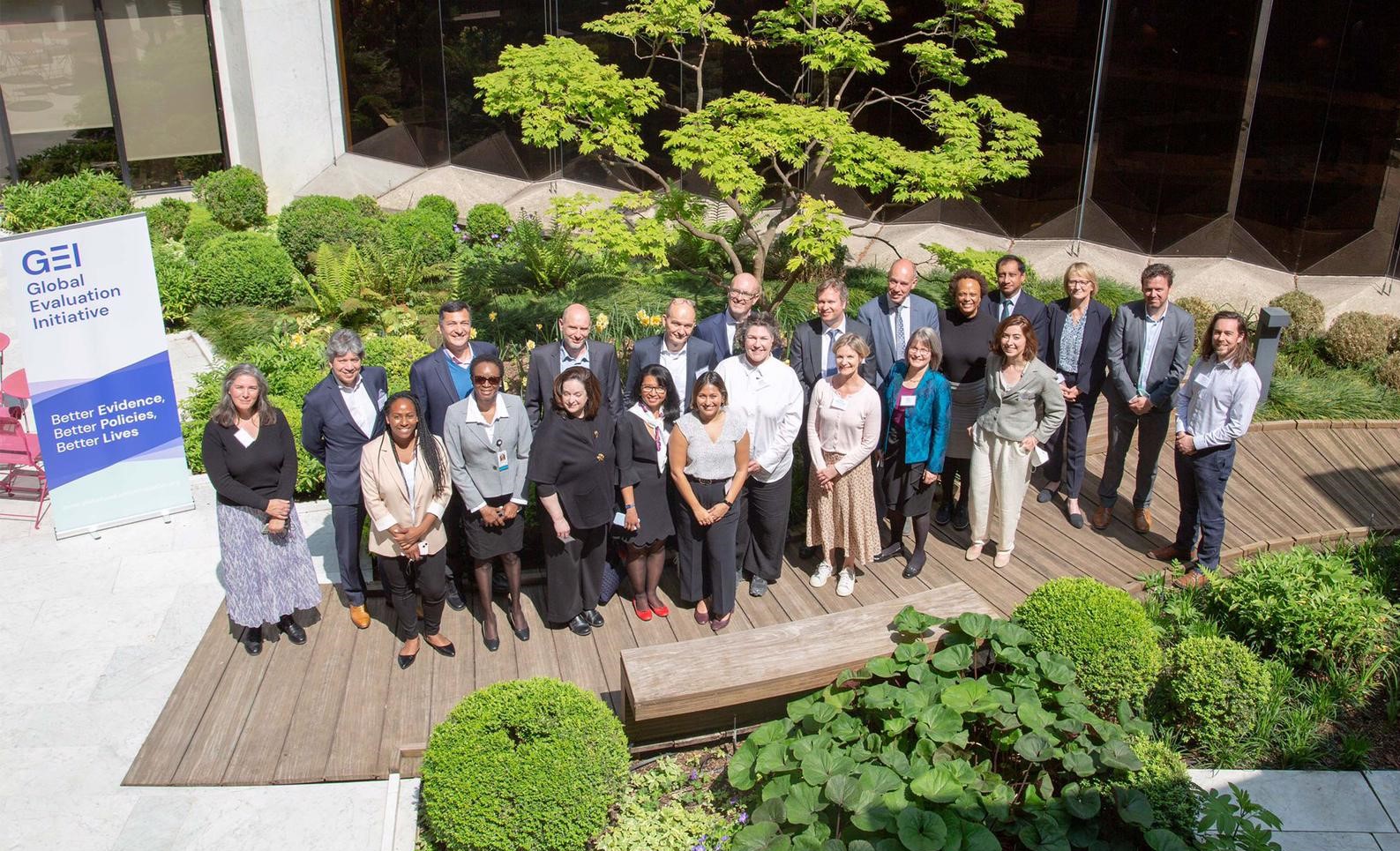Value chain dynamics pivotal for investments in horticulture - IOE
Rome, 4 May 2022 – Creating linkages and formalizing contractual agreements between producers, wholesale buyers and traders is essential to help enhance efficiencies in production and guarantee demand for horticultural producers. The project performance evaluation carried out by the Independent Office of Evaluation of IFAD (IOE) in Uzbekistan highlights the importance of these value chain dynamics.
The IOE report presents the findings of the project performance evaluation of the ‘The Horticultural Support Project (HSP)’ project in Uzbekistan. The HSP was the first IFAD-financed project in Uzbekistan, and was implemented in nine districts of the region of Surkhandarya with a total budget of US$25.7 million.
The evaluation highlighted the need to promote market access and vertical linkages between value chain actors to ensure the sustainability of benefits and the scale of impact, as the HSP made insufficient efforts to link farmers to processors and other value chain actors to ensure sustainable markets and fair pricing.
While the targeting of poorer dehkan farmers in Surkhandarya was a relevant choice for piloting horticultural support, the evaluation report found a tendency, in practice, to promote larger loan sizes. Thus, more support was provided to larger, non-dehkan farmers; this, as there was no monitoring of beneficiaries’ actual wealth status, and it is highly likely that poorer dehkan farmers, in particular, were excluded from accessing finance.
Women and youth were also scarcely involved. Cultural constraints made it difficult to encourage women to take loans and to receive training, while youth were not adequately considered as a target group in the project’s design, and there was no monitoring of participants’ age.
Irrigation infrastructure improvement was another important aspect of the project. While Irrigation improvement activities reduced water losses, a number of factors affected the sustainability of the interventions. These include lack of clear operation and maintenance arrangements, limited collection of user fees, generally weak capacity, and frequent institutional changes related to water consumer associations.
Looking ahead, the report recommends that future investments in the horticulture subsector should focus more on regulatory aspects, pay greater attention to institutional capacities and frameworks, and ensure that IFAD maintains its comparative advantage by allocating sufficient resources and focus to target poorer farmers, women and youth.
During HSP’s implementation, Uzbekistan’s economy was one of the world’s best performers, with economic growth driven primarily by state-led investments, and exports of natural gas, gold and cotton. Between 2009 and 2019, the agriculture sector grew at an average annual rate of 4.8 per cent. The sector has traditionally been dominated by cotton and wheat. However, environmental issues, as well as social issues associated with cotton production have spurred the shift from cotton and wheat to horticulture, in order to export higher value-added goods rather than raw materials. Hence, the strongest growth in the last 15 years has come from horticulture.
For further information, please contact Alexander Voccia at [email protected]
